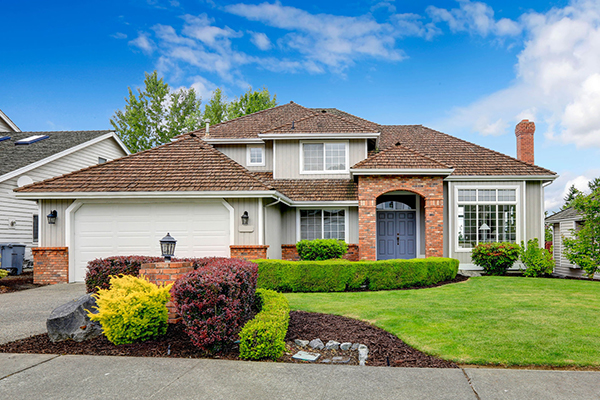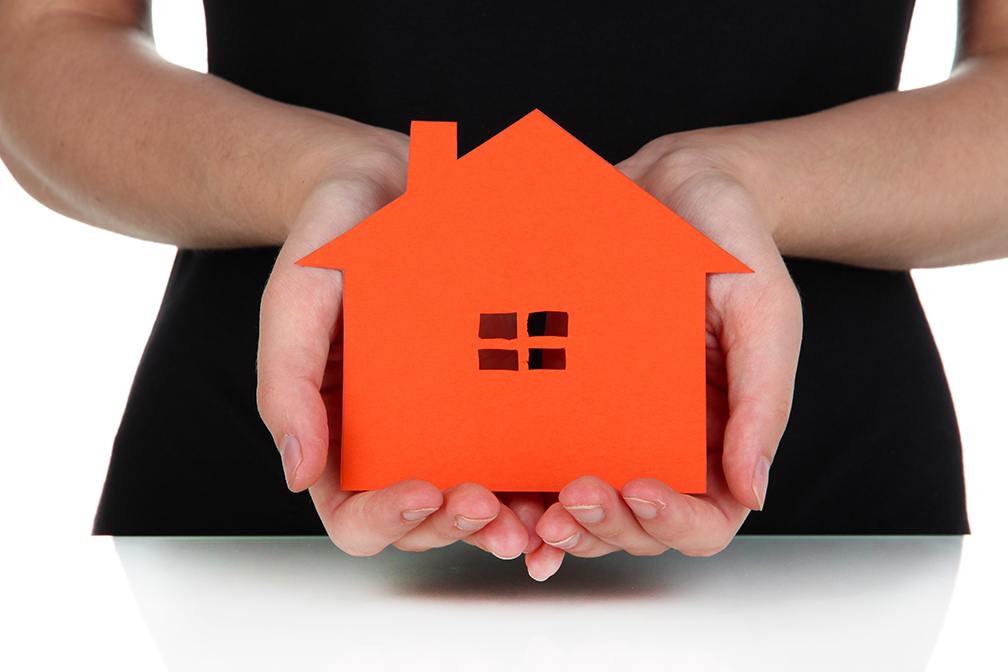What’s Ahead For Mortgage Rates This Week – August 14, 2017
 Job Openings, New Jobless Claims Rise
Job Openings, New Jobless Claims Rise
Job openings rose in June to 6.20 million as compared to May’s reading of 5.70 million job openings. Analysts said that increasing job vacancies show that employers are unable to find qualified workers. Business services, construction, health care and professional job sectors had the most job openings. Slow wage growth could be contributing to widespread job openings. Average wage growth has been running at approximately 2.50 percent, which is lower than the average of 3.50 to 4.00 percent typically seen during economic expansion.
First-time jobless claims rose to 244,000 as compared to expectations of 242,000 new claims and the prior week’s reading of 242,000 new jobless claims.
Mortgage Rates Lower
Freddie Mac reported lower mortgage rates last week. The average rate for a 30-year fixed rate mortgage was three basis points lower at 3.90 percent. The average rate for a 15-year fixed rate mortgage was unchanged at 3.18 percent. The average rate for a 5/1 adjustable rate mortgage was one basis point lower at 3.14 percent.
Inflation rose in July by 0.10 percent against an expected increase of 0.20 percent; June’s reading was unchanged. Core inflation, which excludes volatile food and energy sectors, rose by 0.10 percent against expectations of 0.20 percent and 0.10 percent growth in June.
What’s Ahead
This week’s scheduled economic reports include the NAHB Housing Market Index, Commerce Department readings on housing starts and building permits issued and the University of Michigan’s Consumer Sentiment Index, Weekly reports on mortgage rates and new jobless claims will also be released.

 Are you shopping around for a new house or apartment? One of the key considerations you will need to make is figuring out how much you want to invest in your new home. Below you’ll find our quick and easy guide to determining just how much “house” you can afford. Let’s get started!
Are you shopping around for a new house or apartment? One of the key considerations you will need to make is figuring out how much you want to invest in your new home. Below you’ll find our quick and easy guide to determining just how much “house” you can afford. Let’s get started! At some point in their lives, every renter thinks about home ownership and whether or not it’s worth it. Let’s explore the top 5 reasons why young individuals prefer the idea of owning a home over renting.
At some point in their lives, every renter thinks about home ownership and whether or not it’s worth it. Let’s explore the top 5 reasons why young individuals prefer the idea of owning a home over renting.